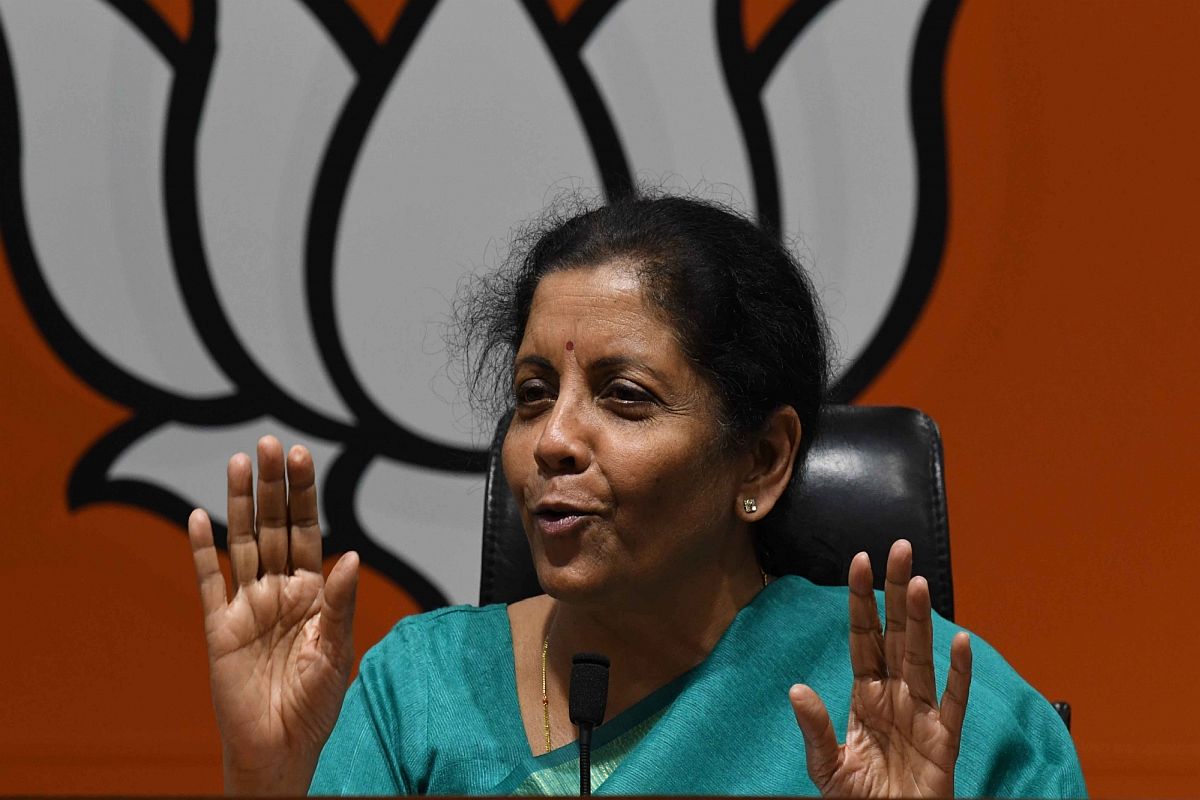Union Finance Minister Nirmala Sitharaman who is currently on an official trip to United States on Saturday announced that as part of country’s goal to become a $5 trillion economy by 2024, India plans to spend $1.4 trillion on its infrastructure in the next five years.
Addressing the annual meeting of the International Monetary Fund in Washington, Sitharaman said a task force has been constituted in the finance ministry that will draw up a national infrastructure pipeline for the next five years. “As we envisage becoming a five trillion-dollar economy by 2024-25, our focus on creating world-class infrastructure has become even more resolute. If we spent $1.1 trillion on infrastructure in the last 10 years (2008-17), we now are going to invest about USD 1.4 trillion in the next five years,” she said.
Advertisement
India has taken various steps to enhance infrastructure investment by launching innovative financial vehicles such as Infrastructure Debt Funds (IDFs), Real Estate Investment Trusts (REITs), Infrastructure Investment Trusts (InvITs) and laying down a framework for municipal bonds, she said.
“We are already applying Public Private Partnership (PPP) models in the country. We have adopted the Asset Recycling model to modernize existing infrastructure, like highways, while providing government with upfront capital to support new infrastructure,” she said.
India is also trying to develop brownfield assets as a separate asset class for infrastructure investment, the finance minister said. Such assets, having passed the stages of land acquisition and environmental and forest clearances, are considerably de-risked and hence, institutional investment from pension, insurance and sovereign wealth funds are forthcoming in such assets, she said.
India’s experience with such innovative modes of funding holds an important example in financing of infrastructure for other developing countries, she said.
Noting that the rural economy is vital for India, which depends heavily on agriculture, she said the country has achieved high food grains production but returns in the sector are somewhat subdued due to a dip in agricultural commodity prices globally and depressed food prices domestically.
“To provide relief by way of income support to the farmers, the government has announced the Pradhan Mantri Kisan Samman Nidhi (PM-KISAN) this year…nearly 145 million beneficiaries in total will stand covered under this scheme,” she said. Sitharaman said India is adopting Zero Budget Natural Farming model to promote the use of organic seeds and natural fertilizers by farmers.
“This will reduce their expenditure and remove their dependence on credit. Such a step would contribute to our goal of doubling farmers” income by 2022,” she asserted.
As the Finance minister faces the mammoth task of pulling out the country out of a plunging economic growth, Sitharaman has been reacting to critics and former advisors like Raghuram Rajan, Manmohan Singh, and Abhijit Banerjee.
Speaking at Columbia University’s School of International and Public Affairs in New York on October 16, Sitharaman said that giving all the public sector banks a “lifeline” is her primary duty.
Turning the tables on finance ministry’s critics and reputed economists, Sitharaman pointed at a massive amount of bad loans in state-run banks when the United Progressive Alliance (UPA) was in power. She held the duo of former Prime Minister Manmohan Singh and former Reserve Bank of India Governor Raghuram Rajan responsible for putting public sector banks (PSBs) through the “worst phase.”
(With inputs from PTI)











